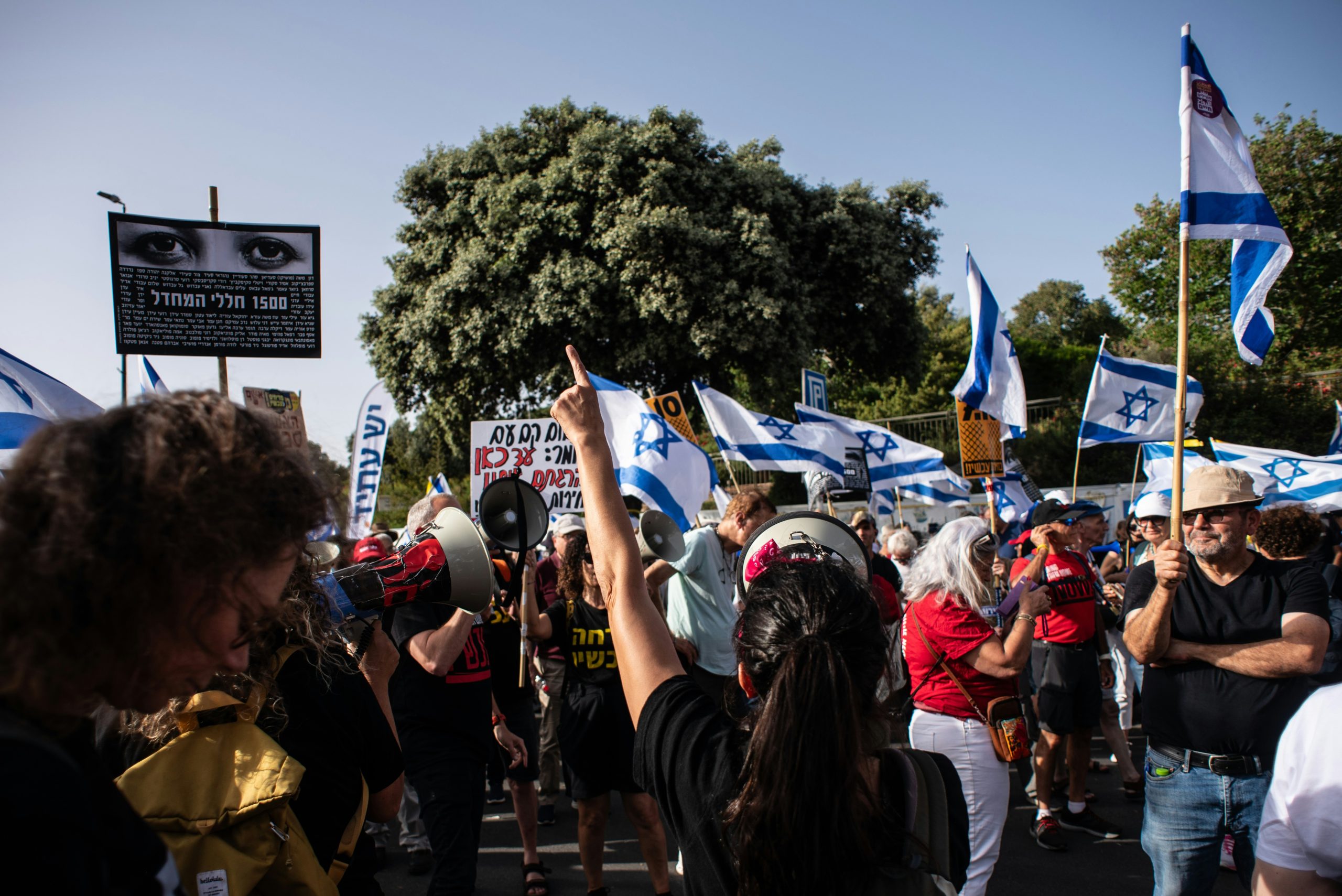Senator Sparks Outrage with Controversial Remarks During Hate Crimes Hearing
In a recent Senate hearing focused on hate crimes, U.S. Senator John N. Kennedy from Louisiana ignited a firestorm of criticism with his inflammatory comments directed at Arab American activist Maya Berry, the Executive Director of the Arab American Institute. The hearing, intended to address rising concerns over hate crimes in the United States, quickly devolved into a contentious exchange that has drawn national attention and condemnation.
Senator Kennedy's questioning was marked by a series of provocative statements that many perceived as deeply Islamophobic. At one point, he infamously suggested that Berry should 'hide her head in a bag,' a remark that was met with shock and outrage from various corners of the political spectrum. Critics argue that such language not only undermines the serious nature of the hearing but also reflects a troubling attitude towards Arab Americans and Muslims in the United States.
The Senator's accusations did not stop at mere insults; he leveled serious allegations against Berry, implying that she and her organization were sympathetic to terrorist groups, including Hamas. This claim is particularly alarming given the context of rising anti-Muslim sentiment and violence in the country. It is indicative of a broader trend where political figures exploit fears and stereotypes for political gain.
Advocacy groups and fellow lawmakers have responded strongly to Kennedy's remarks. Many have called for a reevaluation of the rhetoric used in political discourse, especially when it pertains to sensitive issues like hate crimes and civil rights. The backlash against Kennedy's comments highlights a growing demand for accountability among elected officials, particularly when they engage in discourse that perpetuates hate and division.
As the conversation around hate crimes continues to evolve, the incident raises important questions about the role of politicians in shaping public perception of marginalized communities. It also underscores the need for constructive dialogue that promotes understanding rather than division.
In the wake of this incident, civil rights organizations are urging lawmakers to adopt a more inclusive approach to discussions regarding hate crimes, emphasizing the importance of listening to the voices of those directly affected by such issues. They argue that confronting hate requires a united front, one that condemns bigotry in all its forms.
The fallout from this hearing is likely to resonate beyond the Senate chambers, influencing public opinion and future legislative efforts aimed at combating hate crimes. As the nation grapples with these challenging conversations, it becomes increasingly clear that the responsibility lies not just with individual politicians but with society as a whole to foster an environment of respect and understanding.
As we reflect on the implications of Senator Kennedy's remarks, it is crucial to recognize the power dynamics at play in such hearings. The voices of marginalized communities must not only be heard but respected and valued in discussions that directly impact their lives. The path forward requires a commitment to inclusivity and a rejection of rhetoric that seeks to divide rather than unite. Only then can genuine progress be made in addressing the root causes of hate and discrimination in our society.











